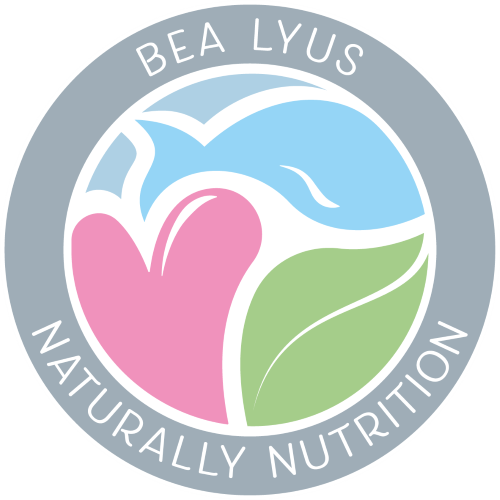The Mental Health Focus: Love
/Do you need love to feel happy? The other routes to happiness that everyone should know
Do you really need love to to feel happy? If you think yes, it’s actually not quite the case. A Harvard University study which started in 1938 has been following more than 700 men from teenager years throughout all their lives. Some of the participants now are in their 90’s. What they found is what we really need is good, quality relationships, friendships and social connections to live a happy and healthy life. Of course, even in the happiest of relationships and friendships there is disagreement or bickering at times but based on mutual respect and a strong belief in one another.
They also found that high conflict relationships are bad for our heath. So if you are in a happy relationship having a quality time together embrace that. If you are on your own, but have quality and strong friendships, embrace that, reach out to them, send them a gratitude text and appreciate those people who always are there for you.
Self-love is important
If you have never managed to find the right friends or the right people to surround you, don’t give up. In fact appreciate the all the free time to have for yourself, the self-love and self-care you can show towards yourself. Secondly, you could get a pet or something that you can care for, even a plant, to provide you with added fulfilment and purpose. A 2016 study revealed that the presence of more than three indoor plants in homes and businesses enhanced the mood and sharpened the focus of the people. “The larger the plants, the better the mood of the subjects,” researchers noted. “Also, an increase in the number of plants reduced the feeling of boredom in participants. These facts suggest that plants can be a source of fascination… providing an opportunity for reflection and recovery from direct attention fatigue.”
“Plants indoors have many benefits. Physically, they contribute to cleaner, healthier air for us to breathe, thus improving our well-being and comfort.
They make our surroundings more pleasant, and they make us feel calmer. Interior plants have been associated with reduced stress, increased pain tolerance, and improved productivity in people.” A TED talk by Emily Esfahani Smith (Psychologist and Author of The Power of Meaning book) describes there is more to life than happiness. It states “happiness is a state of comfort and ease, feeling good in the moment.” But that moment can come and go, so what’s more important is seeking a meaning which is a more fulfilling path. “Meaning is deeper, it’s a belonging to and serving something beyond yourself and from the developing the best within you.”
The biggest take-away for me is to practice self-love, embrace painful experiences, build strong relationships, aim for quality time with your friend, pet or loved one or find something you do to love or something to look forward to. Be in the moment, put that phone down, take a break from social media, try to turn negatives into positives by finding the silver lining. If this doesn’t come to you easily to find happiness or meaning, and you still feel stressed, unhappy, anxious or depressed, reach out and find a therapist who you can help you.
Eat for happiness
There is also a particularly important element, which is food and nutrition, looking after our bodies and not feeding it carbohydrates and other junk “comfort” foods left, right and centre. Whether you are plant-based (herbivore), vegan, vegetarian, or omnivore (rely on both plant and meat) you have many interactions with food in your life. Emotional or stressed eating is a way when people turn to eating in response to a negative situation, emotion or stress. An emotional and physical emptiness is being “filled” with food when you eat unhealthy things, unfortunately they are often high in refined carbohydrates, simple sugars, salty, etc. For emotional/stressed eaters, the food gives a temporary wholeness, but it doesn’t last long. The cycle is for these emotional/stressed eaters that they have a negative trigger, then they turn to comfort food, then they feel a temporary relief, followed by guilt or sadness, then it continues all over again as the guilt and your dropped blood sugar encourage you to eat more of what caused your unwanted feeling. Paying attention to our bodies and identify what your hunger clues are important. We all expect to be hungry 3 times a day, if your hunger comes right after you have eaten, you can be sure that is a craving and your food wasn’t nutritious enough to see your through until your next meal. One way to avoid that is to have enough protein (plant-based or animal-based) with every single meal. Fortunately there are other great meals and snacks that you can make yourself which are both excellent comfort foods and also extremely nourishing.
To find out how I can help you get in touch or download my stress-free eating ebook which I call Stop Stressing, Start Living! Practical steps to find your calm in 21 days…




